Phenomenology of the Bloodies Conflict of 2oth century from a Nation-State View
Part I
By: Ruhullah Kazemi, PHD in Islamic Philosophy
Translated by: Mohammad Sakhi Rezaie
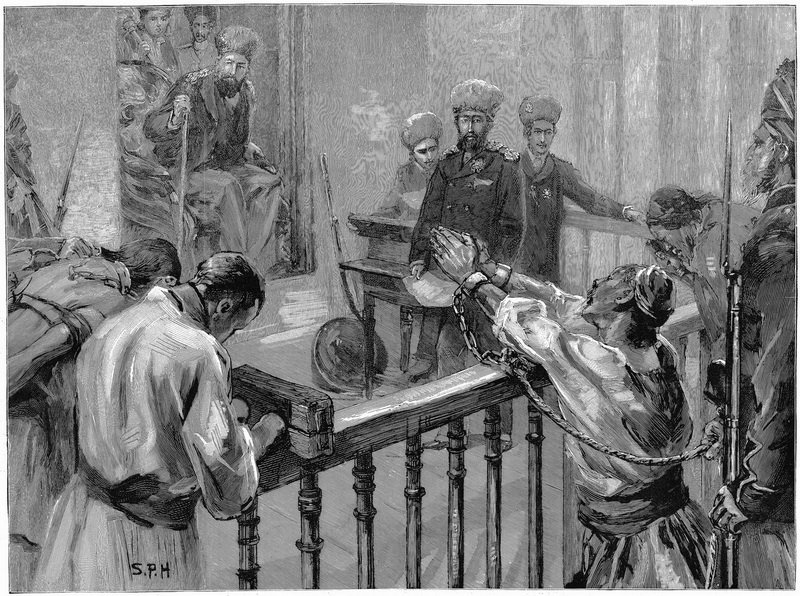 Abstract
Abstract
War is the most horrific phenomenon of Afghanistan’s 21st century. It is such intertwined with the current history of Afghanistan that it looks impossible to understand the history of Afghanistan without understanding the logic of war in the country. Among these wars, the wars between Pashtun and Hazara people (from 1891-1893) are the most tragic political confrontation in Afghanistan. In fact, these wars are the main basis of the current conflicts of the country. The quest which raises here is that what are the causes of Pashtun’s war and violence against Hazara and what was its impacts on forming nation-state and what were its historical imperatives? The main findings of the article based on a historical research include: Pashtuns did not want to form a nation-sate but to form a totalitarian ethnic power through exclusion, extortion and ideology. On the other hand, Hazaras resistance has been based on reviving justice and forming a real nation-state. However, Hazara have been defeated both in war and forming a nation-state. The mystery of the defeat of Hazaras and other ethnic groups from an outside outlook has been suppression and exclusion and from an inside outlook lack of unity and awareness have been the main causes of their defeat. From an inside outlook, the main cause of continued defeats of Pashtun has been lack of political rationality and نژادباوری, and from an outside outlook, resistance and mutual contradictions have been the causes of their defeat. Continued failures have caused continued war and as a result the have ended to lack of formation of nation-state in Afghanistan.
Key Words: War, resistance, Pashtun, Hazara, Abdul Rahman, nation-state, federal system
1. Definition of the problem
I would like to define the problem by some theoretical insights due to its importance. War and destruction have destructed our life, in all its aspects, during more than 3 decades. As a result, thinking about the ware and its consequences is undeniable. However, thinking about the war means thinking about historical, anthropological, cultural and social vacuums. If not so, it will remain unknown. We have not dealt with war as thinking about it as mentioned, but we have tried to describe it in another way. According to the latter, narrowing the nature of war، reducing the nature of war, its goals, types, and tools, and causes and ultimately the consequences of war constitute the most theoretical concepts of the war. So some distinguished thinkers have elaborated the war from this perspective. First, we would provide a definition. Clausewitz, 1989: 75 and Piton 2004:213 defines war as a duel in a large scale. Or he says war is the action of a force which makes the enemy to render to our will. According to Galley, war is the fight of great interests which is interlinked with blood and it is exerted on a living responsive force and not on a soulless object (Galley,: 1993: 63). War is an open ended collective organized situation of conflict (Mosely, 2004, 14). Based on this definition, any situation is open to war.
But in terms from what perspective human being has perceived the war and how they have defined it? We almost can say that humanity has nearly always neen expecting war or has been suspicious about the war to occur and have considered their current situation as a potential moment of the war. According to Plato the word peace, which most of the people utters it, is a meaningless word. It is a reality that all contrives are naturally in war, although they have not announced a war on each other; they are permanently in war (Plato, 2001: 625). Clausewitz considers war as the continuation of politics (Clausewitz, 1989: 605). It was a concept that was later descried by Foco as an emerging political power (Reid, 2003: 2). Clausewitz (Harvard, 1998: after 76) and Mosley (Ahmadi Tabataei, 2020: 5-7). Classifies them into 3 categories; total wars (which aim to destroy the enemy completely), and limited wars (which aims opposing impose the peace conditions on the enemy) and natural, primitive, and modern and atomic and post modern wars.
From another angle, the goals and required ideological and financial tools of war to achieve them have persistently been questioned; but certainly peace is not the only goal of the war, and maybe dominance, as the evidences show, is the ultimate goal of the war. However, identifying the goal of the war depends on its historical and political conditions. After the war, and open ended to it, the first necessary step is to ask about its humanitarian, political, historical, economic and social consequences. In sum, they are the theoretical bases of understanding the war.
But the most essential question about the war has been the goal of the war or those who fight. Even one can consider war as seeking political wisdom. As a result, we should ask what has been the goal of Afghanistan’s wars. Nation building? We should keep in mind that forming a state in the absence of nation building lacks rationality and is doomed to failure; because a issue without subject does not end to creating a subject. But the goal of the subject cannot qualify for the most limited relation.
During the colonial era, an era Russia in west of Afghanistan and Britain in the North had colonies, formation of the state may seemed a common goal for Afghanistan. There were many conflicts in this period but the most important ones have been the wars between Hazaras and Pashtuns that shall be dealt from the nation-state perspective.
The main question is that whether the wars of Pashtuns against Hazaras and in turn Hazaras resistance against them made us closer to nation-state or distanced us? If this wars had a subject and their subject was forming a nation-state, what happened to it? What was the nature of these wars? Total, exclusionary and limited or reformist? With what rationality we should justify their victories and defeats? With what ideological tools they happened? What is the mystery behind the success of failure of nation-state building? In addition to these, should we study the current movements and conflicts of Hazaras as the continuation of those wars or they have a different nature? Whether the resistance-conflicts of Hazaras would lead to establishing a nation-state in Afghanistan or not? These are the main dimensions of the main question of the research.
2. Background of the Research
For sure, we have not thought of war as the main political problem of our country, but its pure narrative; it seems as if the speed and repetition of the catastrophes have prevented us to think and question our deeds. Thus, we examine the war between Pshtuns and Hazaras from an unbiased and reliable perspective provided by Faiz Mohammad Kateb Hazara. The sad pen of Faiz Mohammad Kateb Hazara has described the war and its catastrophes in details; the smashed skulls, pieces of the bodies, lands and properties of the people that have been seized by force, women and children slaves. From the perspective of describing the event, Serajul Tawarikh is the background and main resource of our work. During the late decades, civil wars (the period of Jihad illusion) have been described in the history books, publications of the political parties or personal memories, but we also have witnessed the conflicts of the last two decades and they have also been mentioned in the press and media as well. With reference to the written history we apprehend that all of them are just a simple narrative of the event; thus, there are few theoretical measures taken to understand these periods. Dr. Mohammad Amin Ahmadi in a speech in ARG (9 February 2017) urged everyone to think of the catastrophe and admit them; he in fact provided a conceptual framework to understand the events, but it was only focused on one part of the event (catastrophe of Urozgan); while this issue requires theoretical study of 3 centuries of the history of Afghanistan. However, denial and rejecting the human, political and cultural catastrophe has continued as our fate to the moment.
It looks all periods of the current history of Afghanistan shall be studied to conclude whether forming nation-state is possible or not in the country. Emergence of global institutions and decay of nation-states (Negry, Hart, 2018: 25-26) at a more advanced level does not mean to not speak of the remaining forms of political systems. As we study the Afghanistan conflicts in the 20th century, I would like to study three points in this article; A) Pashtuns and Hazaras wars during the reign of Abdul Rahman B) Afghan civil wars ( 19980s and 90s), and C) Political conflicts during the last 20 years as the annexations. I would do this task in an unbiased manner as a scientific work calls for.


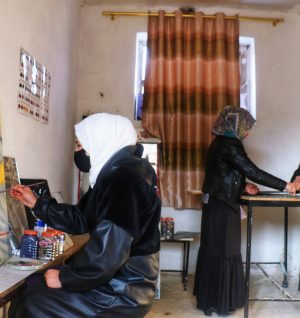
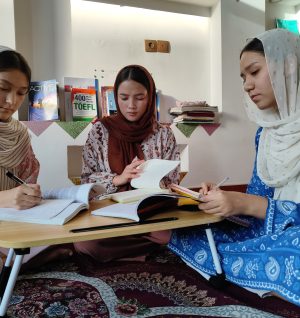
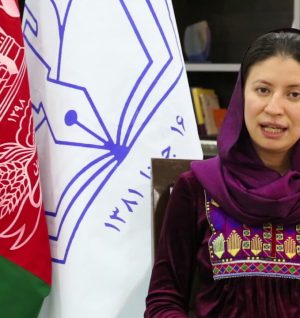

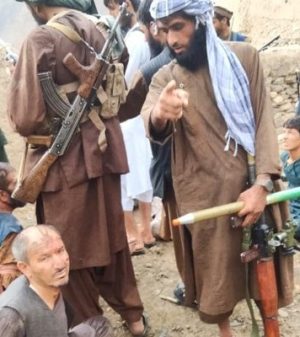
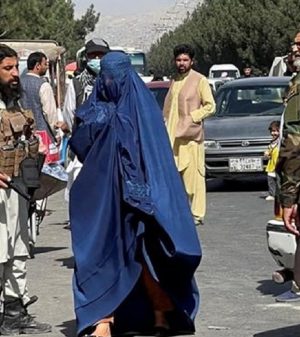
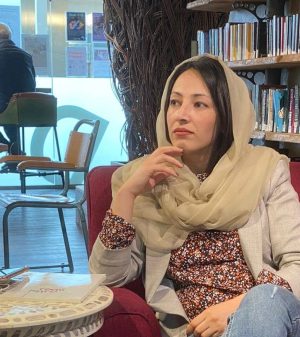
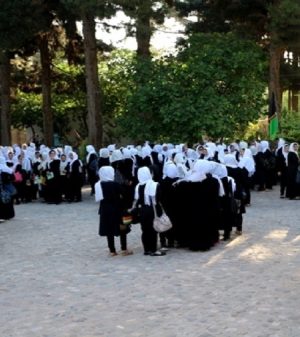
Add Comment